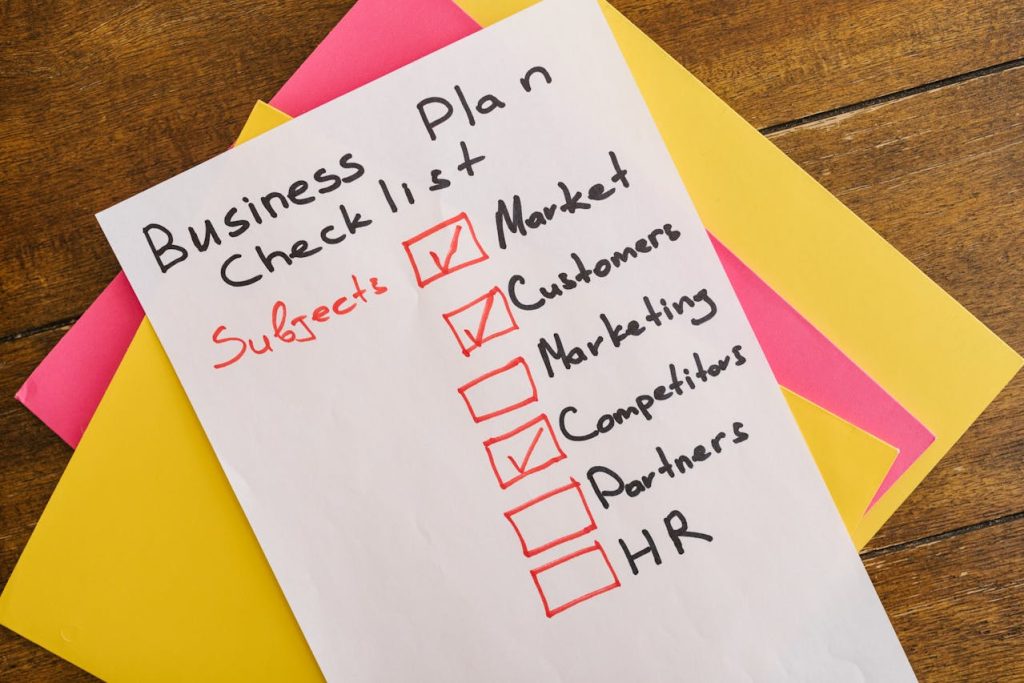
How To Start Your Own Pharmacy Business?
| 4 minutes read
There are many reasons that somebody might want to start their own pharmacy. For a start, this can be a very lucrative business. If you’re a trained pharmacist who is struggling to find a pharmacy role to suit you, or you’ve noticed an area that doesn’t have a local pharmacy anywhere nearby, it might then be a great decision to start your own.
As with any business, this pursuit requires dedication and hard work, so ensure you have that drive before taking on this new endeavor. To help, we’ve put together this handy guide so that you have a good idea of the steps to take when starting your new pharmacy.
Writing a Business Plan
When running a business, you’ll need to have a solid idea of how your business will operate. There are many things to think about when starting a business and running one, and a business plan is an essential part of ensuring your success. In addition, you’ll need to include your goals and targets for the future so you can continue to strive for success.
A business without goals is at risk of stagnating and failing to grow. Creating and writing a business plan doesn’t need to be overly complicated, but it should cover all of your bases. Marketing, funding, and your pharmacy’s overall management and day-to-day operation are all crucial areas to tackle. So spend plenty of time creating this plan and consider involving other team members in the creation of this plan to reduce your risk of missing anything important.
Understand the Costs
Starting a pharmacy is not cheap, and there are many things to think about when planning your budget. You’ll want to factor a few things into your plan so that you can be confident about exactly what money you need to get started. You’ll need money either for renting a property or even constructing a new pharmacy, as well as furniture and shelving for customers and staff.
You’ll also need to pay for the stock, which will be a more significant initial cost followed by restocking medication and products. And then, you’ll need to ensure you have a budget set out for your payroll. Paying your employees their salary on time and in full is essential to the continued success of your new pharmacy.
Funding the Project
Another essential consideration for your business plan is how you’re going to fund this project. Of course, you’ll be able to apply for a loan to help fund this project. Still, most investors will be searching for someone who can invest some of their own money into the project, demonstrating their dedication and their ability to manage their own finances. A good credit score is also essential when starting a business if you’re searching for investment; otherwise, the risk will appear far too high for many investors.
You’ll likely want to pursue three specific funding avenues, too, when approaching investors. Funds to construct and furnish your pharmacy, funds to purchase your first haul of stock, and then funds to pay employees and bills for the first few months before you start bringing in some income.
Legal Advice and Insurance
When starting a business, there are some other essential things you’ll need to consider. First, you’ll want to make sure you have sound legal counsel from a law firm or trusted independent business lawyer. The world of business, especially that associated with medicine and healthcare, is one riddled with rules and regulations, and rightly so.
However, that means that making a mistake is much easier than in other industries. As well as this, you’ll want to get pharmacy insurance to cover your business from many different risks. For example, injuries within your drug store, as well as things like data breaches, are all covered by pharmacy insurance, so make sure you’ve got this sorted before starting.
Getting a License
While the requirements vary depending on which location you choose to set up shop, you’re going to need official licensing no matter where you are. Different states all have their own requirements for licensing, but the things you’re going to need to include a pharmacy license, as well as being registered with the DEA and the NABP/NCPDP. These will show that you abide by federal drugs laws and adhere to regulations set out by official pharmacy bodies.
Do plenty of research along with your lawyer on which licenses you’ll need in your state to ensure you’re complying with the law. Failing to do so will lead to severe consequences if you do not have the proper licenses to operate. Practicing pharmacy without a license can lead to fines and even prison time, so make sure you have your licenses in order and are following the rules to the letter.
Seeking Advice
It can feel incredibly daunting when starting a business, especially if it’s your first. Therefore, it’s highly recommended that you seek out the help and guidance of other pharmacists around your state to garner some helpful working knowledge from experienced individuals.
Discussing the day-to-day operations of your pharmacy with peers can help you identify any issues that need to be ironed out and help you avoid any future mistakes that your peers have made. In addition, joining a group like the NCPA or the National Community Pharmacists Association is a great way to find other pharmacists to bounce ideas off and seek advice from.
Choosing a Location
When deciding on a specific location to open your pharmacy, you’ll want to consider the wants and needs of the locals in your area. Finding a gap in the market for a drug store can spell significant success, especially when residents currently must travel miles to their nearest drug store. Not only are drug stores essential for picking up prescription medication, but they’re also a valuable hub for communities to pick up essentials, such as toiletries, over-the-counter med supplies, health supplements, and even free face masks provided by the US government.
Remember that this means that a pharmacy doesn’t necessarily need to be near a medical practitioner either. A small-town drug store can serve as a perfect, profitable hub for locals who can have their prescriptions sent over to your store without having to travel out of town for their medicine.

Born in the family of entrepreneurs and have inherited the same. Started building applications in order to pay for my tuition. Later founded a tech company, marketing agency, and media outlets.




